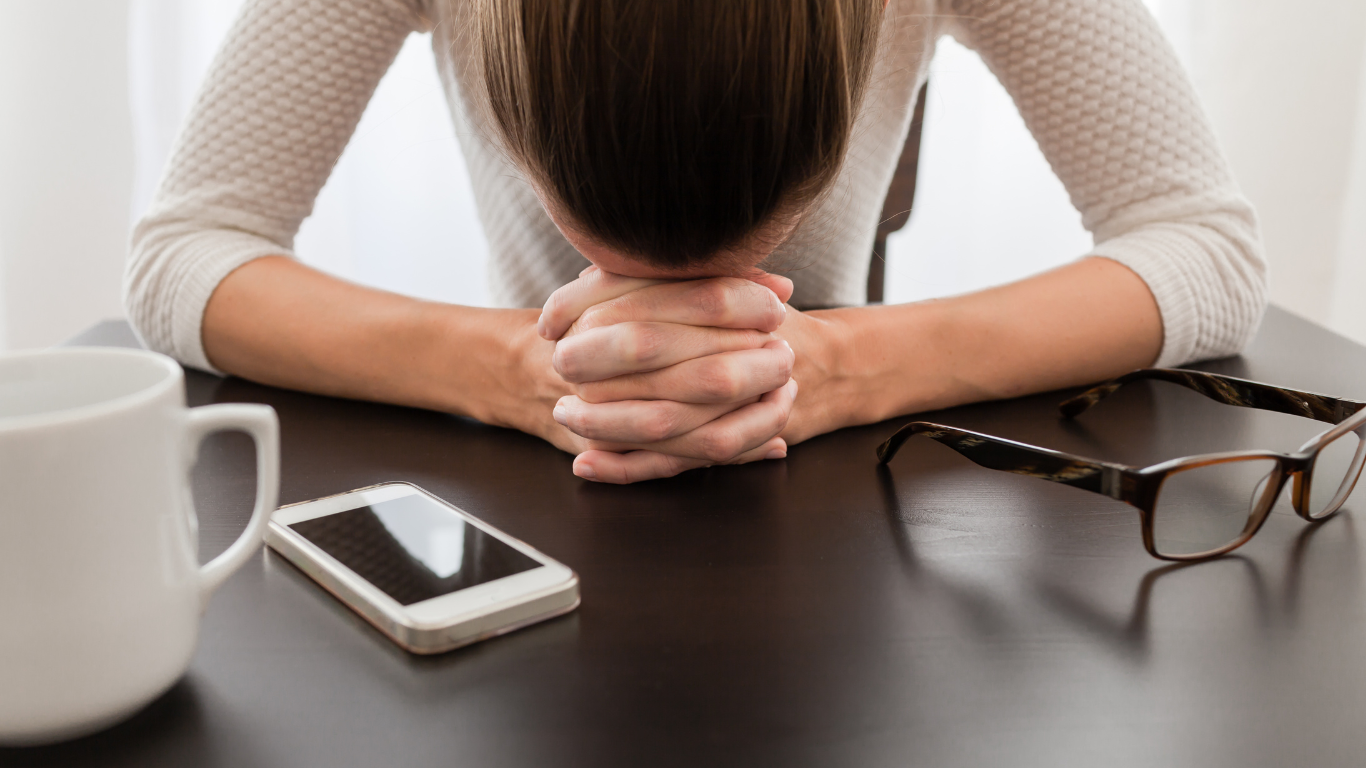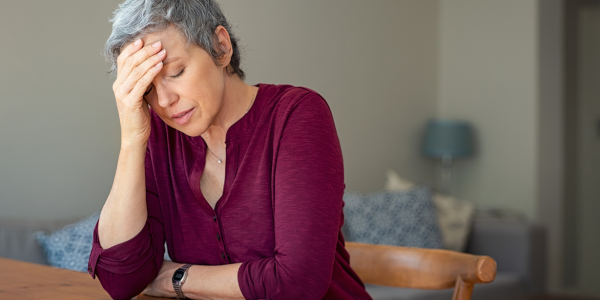What are common signs of stress in females?
Stress is an inevitable part of life, affecting both men and women across various ages and relating to many areas of life. However, due to biological, psychological, and social factors, the way stress manifests can differ significantly between genders.
In females, stress can present through a variety of signs and symptoms that span emotional, physical, and behavioural domains. Understanding these signs is crucial for early intervention and management. Here, we explore common signs of stress in females, aiming to foster awareness and promote wellbeing.
Emotional Signs
- Increased Anxiety and Worry: Women may experience heightened levels of anxiety, worry about the future, or dwell on past events more frequently when stressed.
- Mood Swings: Stress can lead to significant emotional fluctuations, including irritability, frustration, or sudden tears without an apparent cause.
- Depression: Prolonged stress may lead to feelings of hopelessness, sadness, or depression, making daily tasks seem overwhelming.
- Feeling Overwhelmed: A common sign of stress is feeling overwhelmed by daily responsibilities or unable to cope with additional demands.
Physical Signs
- Changes in Sleep Patterns: Difficulty falling asleep, staying asleep, or experiencing restful sleep are common stress indicators. Some may sleep more than usual, while others struggle with insomnia.
- Headaches and Muscle Tension: Frequent headaches, especially tension headaches, and muscle stiffness or pain can be stress-related.
- Digestive Issues: Stress can affect the digestive system, leading to symptoms like nausea, diarrhea, constipation, or other gastrointestinal problems.
- Changes in Menstrual Cycle: Stress can disrupt the menstrual cycle, leading to irregular periods, changes in menstrual flow, or more severe premenstrual symptoms.
Behavioural Signs
- Changes in Appetite: Stress can lead to increased appetite and cravings for comfort foods or diminished appetite.
- Withdrawal from Social Activities: A woman under stress might withdraw from friends, family, and social activities she usually enjoys.
- Increased Use of Substances: There might be an increased reliance on substances like alcohol, caffeine, or nicotine as a way to manage stress.
- Neglecting Responsibilities: Difficulty in concentrating or making decisions can lead to neglecting personal or professional responsibilities.
Coping Strategies
Recognising these signs early can help in adopting effective coping strategies. Here are a few recommendations:
- Seek Support: Talking to friends, family, or a professional can provide relief and valuable coping strategies.
- Practice Self-care: Engaging in activities that promote relaxation and well-being, such as exercise, meditation, or hobbies, can alleviate stress.
- Healthy Lifestyle Choices: Maintaining a healthy diet, getting regular exercise, and ensuring adequate sleep can bolster your ability to manage stress.
- Time Management: Prioritising tasks and setting realistic goals can help manage workload and reduce feelings of being overwhelmed.
Stress in females can manifest through a myriad of emotional, physical, and behavioural signs. Recognising these signs is the first step towards managing stress effectively. It’s important for women to listen to their bodies and seek support when needed. Cultivating a supportive network, practising self-care, and making healthy lifestyle choices are crucial steps in mitigating the impact of stress. Remember, seeking professional help is a sign of strength, not weakness, and can provide the tools needed to navigate stressful periods more effectively.








